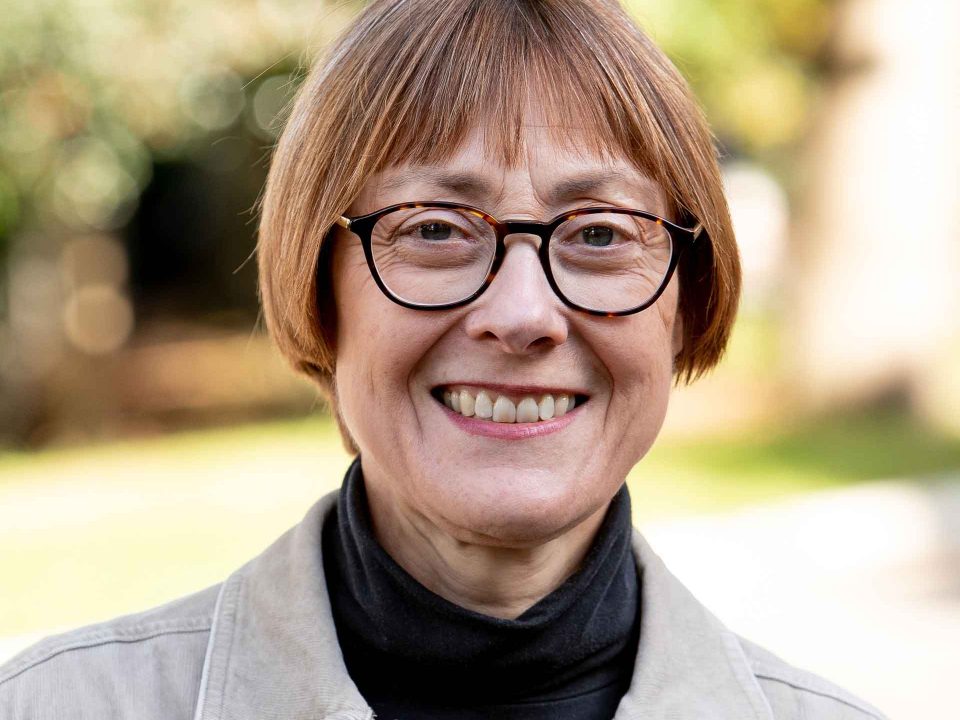
Rachel Griffiths: The Art of Transformation
August 30, 2023
Al Barrett: ‘God in the ruins’ doing Christian theology at the end of the world, for justice and the flourishing of all creation
October 5, 2023This blog was first published by the Methodist Recorder as part of a series edited by Inderjit Bhogal to mark the 60th Anniversary of Martin Luther King’s ‘I have a dream’ speech.
During lockdown, Keisha was surprised when a hand-delivered letter from the Council dropped through her letterbox at 7pm one evening. It informed residents in her apartment block that a Covid test centre was to be sited nearby. Whilst this was a much-needed facility, the space chosen also happened to be the only communal space in which their children could play. Keisha went to bed worried about losing the only place for her kids beyond their own four walls.
Next morning, Keisha ran into a council employee already laying the cables for the centre. Why so little consultation, and why so little time to challenge the plan? She contacted her vicar, and together they found a petition template online. Keisha went knocking on neighbours’ doors to find out whether her worries were shared by others. She discovered she was not alone.
Her church in East-London had just joined a Citizens UK Alliance – practising Community Organising where the iron rule is ‘never do for others what they can do for themselves’. So the local Organiser worked with Keisha to support her to contact the council and ask for a meeting. The people-power she had generated by reaching out to her neighbours carried the day. Keisha soon found herself setting up and chairing a zoom meeting with those in the Local Authority with power to make a change. She and others organised a local campaign to site the test centre elsewhere. They won.
Through the campaign, new relationships and friendships were formed. Keisha’s church began to be seen as the community’s church – not just there for its members and congregants. A group of young mums in the community approached Keisha and her vicar, asking if they might hold services for the local families. They knew what timings would work best. The church responded positively, changing and adapting to suit the gifts and skills that community members were sharing with them. Organic congregational growth began.
Fast-forward a couple of years. Trusted by the Local Authority, Keisha’s church and the other community groups involved in the Citizens campaign were contacted by the Council. The test centre was no longer needed. Could they use the land for the good of the community? Together, they chose to cultivate a community garden as a beautiful way of deepening the new relationships that were flourishing – especially between the Orthodox Jewish women in the area, and those of other faiths. The garden has become a focus for growing food, and for informal interfaith exchanges as they choose plants like olive trees that have a significance that is common to all their faith backgrounds.
I love Keisha’s story. It is inspiring and full of hope. I have longed for an actual mechanism for achieving social justice. Petitions, demonstrations, and writing to our MPs take us only so far; can feel futile, and disheartening when little seems to change. My dream now is that we all participate in diverse collectives for change, revivifying agency through forms of participatory democracy, with all of our church communities becoming part of a broadbased citizens alliance.
The Methodist Church is currently developing its engagement with Community Organising, which aims to address issues of social injustice through a distinct methodology and discipline. It begins with listening to people – their passions and their concerns – through systematic listening campaigns built on 1-2-1 conversations.
A ‘power analysis’ is conducted in order to take effective action on particular injustices, and there is a constant focus on developing leaders who can testify to their experience and give voice (leaders are defined as those closest to the injustice, who are often those otherwise marginalised and oppressed by systems of power). Change is won in a way that develops leaders and builds agency (ensuring that campaigns are winnable and incremental), thanking those in power who respond positively, and celebrating wins – small or large – along the way.
Broad-based alliances of diverse institutions are evolved that are constantly listening to their communities through 1-2-1s. Institutions like churches, mosques, schools, trade unions, residents associations, and voluntary groups are strengthened as they become part of a long-term ‘collective of collectives’. Power in Community Organising comes through the number and diversity of people that an alliance represents. An alliance works to an annual cycle of action for change, but can also respond quickly to crises and challenges (eg refugee crises; pandemic response; major disasters or crimes in local communities). Member organisations pay dues, which ensure that the alliance is independent of any body from whom it may wish to win changes.
Many other denominations are involved, and Citizens UK has a Churches’ Community of Practice to support us to reflect theologically on our engagements – with regular online ‘Learning Thursdays’. This is a practical theology in which the pastoral is embraced within the political – because the oppression of our age works through every aspect of who we are, often eroding our sense of self, and setting us up in competition with one another – leading to fragmentation, isolation and loneliness. Congregations are strengthened from within, whilst simultaneously reaching out to build relationships that resist ‘the world as it is’, and work towards ‘the world as it should be’. In Community Organising, our faith is crucial. Nobody is asked to ‘leave their beliefs at the door’, or to abandon the distinctiveness of their convictions. Rather, action is taken only on issues that everyone can agree on. What is surprising is just how much – when the common good is at stake – diverse groups can agree on.
Back in the day, we Methodists used to sing this song (forgive the exclusive language): ‘One man’s hand can’t tear a prison down…two men’s hands can’t tear a prison down…but if two and two and fifty make a million, we’ll see the day come round.’ Keisha’s story shows that the day can come round. My dream is that the day is indeed coming round.
Alison Webster is Mission Theologian in Residence for Citizens UK (www.citizensuk.org) and General Secretary of Modern Church.



